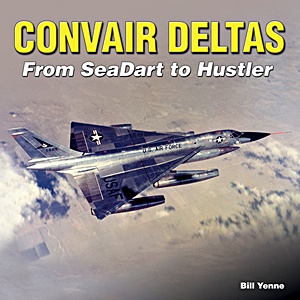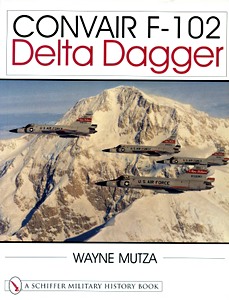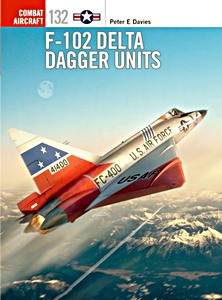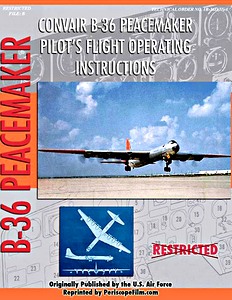Convair
Nach der Fusion von Consolidated und Vultee im Jahr 1943 wurde Convair zum viertgrößten Flugzeughersteller der Vereinigten Staaten. Das Unternehmen erwarb sich rasch einen Ruf für die Entwicklung und den Bau einiger der größten und leistungsstärksten Flugzeuge seiner Zeit.
Von dem Erdkampfflugzeug XA-41 aus dem Jahr 1944 bis zu den Verkehrsflugzeugen CV-880 und CV-990 der frühen 1960er-Jahre überschritt Convair mit jedem Projekt technische Grenzen. Auch wenn nicht alle Programme gleich erfolgreich waren, hinterließen sie alle einen bleibenden Eindruck in der Luftfahrtgeschichte.
Typische Convair-Muster sind das turbopropgetriebene Flugboot Tradewind, die Jagdflugzeuge F-102 Delta Dagger und F-106 Delta Dart sowie der leistungsstarke und futuristisch wirkende Bomber B-58 Hustler.
Dieses reich illustrierte Buch des Luftfahrtautors Martyn Chorlton zeigt die Geschichte dieser und vieler weiterer Flugzeuge.
Details
| Autor: | Martyn Chorlton |
|---|---|
| Ausführung: | 96 Seiten, 23.5 x 16.5 x 1 cm, kartoniert |
| Abbildungen: | 140 farbige und s/w-Abbildungen |
| Sprache: | Englisch |
| Verlag: | Amberley Publishing (GB, 2018) |
| ISBN: | 9781445680873 |
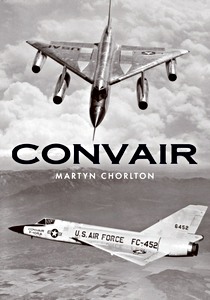
Convair
Sprache: Englisch
Preis, Verfügbarkeit und Bewertungen auf Amazon und Thalia ansehen
Kaufen bei Amazon DEKaufen bei Thalia DE

